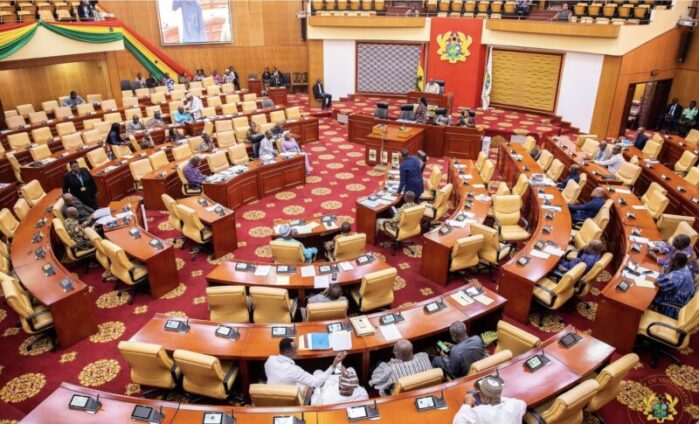Ghana’s ninth parliament: The makeup
The composition of Ghana’s 9th Parliament presents intriguing shifts in party dynamics, debutant participation, and gender representation. As the curtain falls on the 8th Parliament, a closer look at the numbers reveals both continuity and change in the nation’s legislative body.
- Advertisement -
The composition of Ghana’s 9th Parliament presents intriguing shifts in party dynamics, debutant participation, and gender representation. As the curtain falls on the 8th Parliament, a closer look at the numbers reveals both continuity and change in the nation’s legislative body.
Party Composition:
- Advertisement -
The 9th Parliament, based on results from 275 constituencies—pending re-collation from Ablekuma North—sees the National Democratic Congress (NDC) holding 183 seats, representing 66.3%, making it the majority caucus. The New Patriotic Party (NPP) follows with 88 seats (31.88%), while independent candidates occupy 4 seats.
- Advertisement -

This majority is historically significant, representing the second-largest majority since Ghana’s Fourth Republic began in 1993. The largest was recorded in the 1st Parliament, where the NDC controlled 189 seats, representing 94.5%.

Independent MPs have also increased, a notable shift from the 7th and 8th Parliaments, where only 0 and 1 independent seats were recorded, respectively.

Debutant MPs
- Advertisement -
The 9th Parliament features a significant influx of first-time legislators, with 120 debutant MPs, representing 43% of the House. In other words, 4 in every 10 MPs are newcomers. This reflects a dynamic shift, potentially influencing parliamentary debates, legislative priorities, and constituency representation with fresh perspectives.

The Gender Mix
With 39 female MPs, women make up 15% of the 9th Parliament. Although this is the second-largest female representation in the Fourth Republic, it still lags behind global and regional gender equality standards.

The highest female representation was recorded in the outgoing 8th Parliament, which is set to be dissolved.

Regionally, Greater Accra leads with 8 female MPs, followed by Ashanti (6), Central (5), and Western (5) regions. The data reflects a stronger gender balance in urban areas, while Oti, Savannah, and Western North regions each have only one female MP
Source: myjoyonline.com
- Advertisement -


